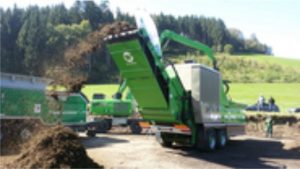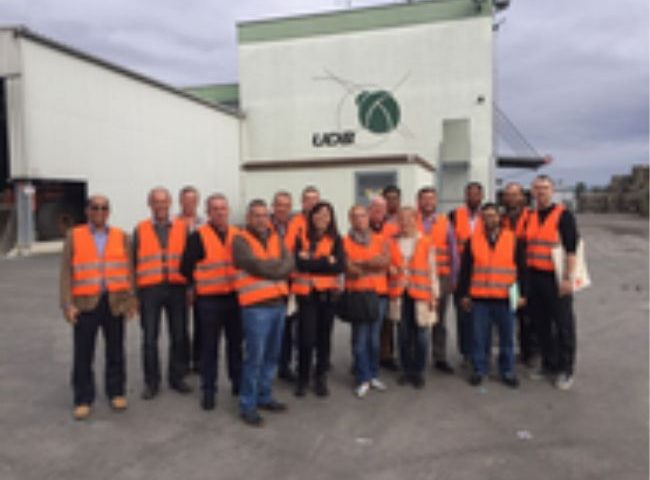
Successful profile: From local to national engagements – Senida Mesi
September 11, 2017
Women’s Political Empowerment workshop
September 29, 2017ISWA was delighted to partner with Florian Amlinger of NGO100 for the first Bio-waste Management Study Tour in September 11-14, 2017 in Austria. The diverse group of 14 participants included the largest ever delegation from Albania (supported by the German Development organisation GIZ and Helvetas from Switzerland) as well newcomers to the sector from India, Oman, Thailand, Malaysia and Poland.
The four-day training course is well fitting for new and developing organic waste management systems with an emphasis on solutions for the local situation in rural as well as densely populated urban environments. Daily site visits (e.g. Vienna Waste Management Centre, Energy Park Bruck an der Leitha, Sonnenerde) in combination with seminars covered financial instruments, best practices for collection and treatment as well as green energy policies and tariffs.
 Participants were particularly impressed with the holistic approaches presented for organic waste management: both of urban wastes e.g. food waste prevention and catering services, integration of door to door collection and bring schemes, to high quality composting and energy generation e.g. anaerobic digestion – pyrolysis (bio char) of agricultural, municipal, industrial bio-waste streams as well as sewage sludge from waste water works. A specific focus was given to the successful, flexible and cost effective decentralised composting model in cooperation between small and big cities and agricultural on-farm composting.
Participants were particularly impressed with the holistic approaches presented for organic waste management: both of urban wastes e.g. food waste prevention and catering services, integration of door to door collection and bring schemes, to high quality composting and energy generation e.g. anaerobic digestion – pyrolysis (bio char) of agricultural, municipal, industrial bio-waste streams as well as sewage sludge from waste water works. A specific focus was given to the successful, flexible and cost effective decentralised composting model in cooperation between small and big cities and agricultural on-farm composting.
The programme also included a full day visit to the outstanding 5th International Practitioner Day & Exhibition on composting techniques and technologies (organised by the Austrian Compost & Biogas Association), so participants could directly connect to suppliers, discuss the innovations and their requirements.
With many great topics, stimulating exchanges and the appealing social programme (when was the last time you stayed overnight in a medieval castle?) – all participants wished the Study Tour could be longer!






